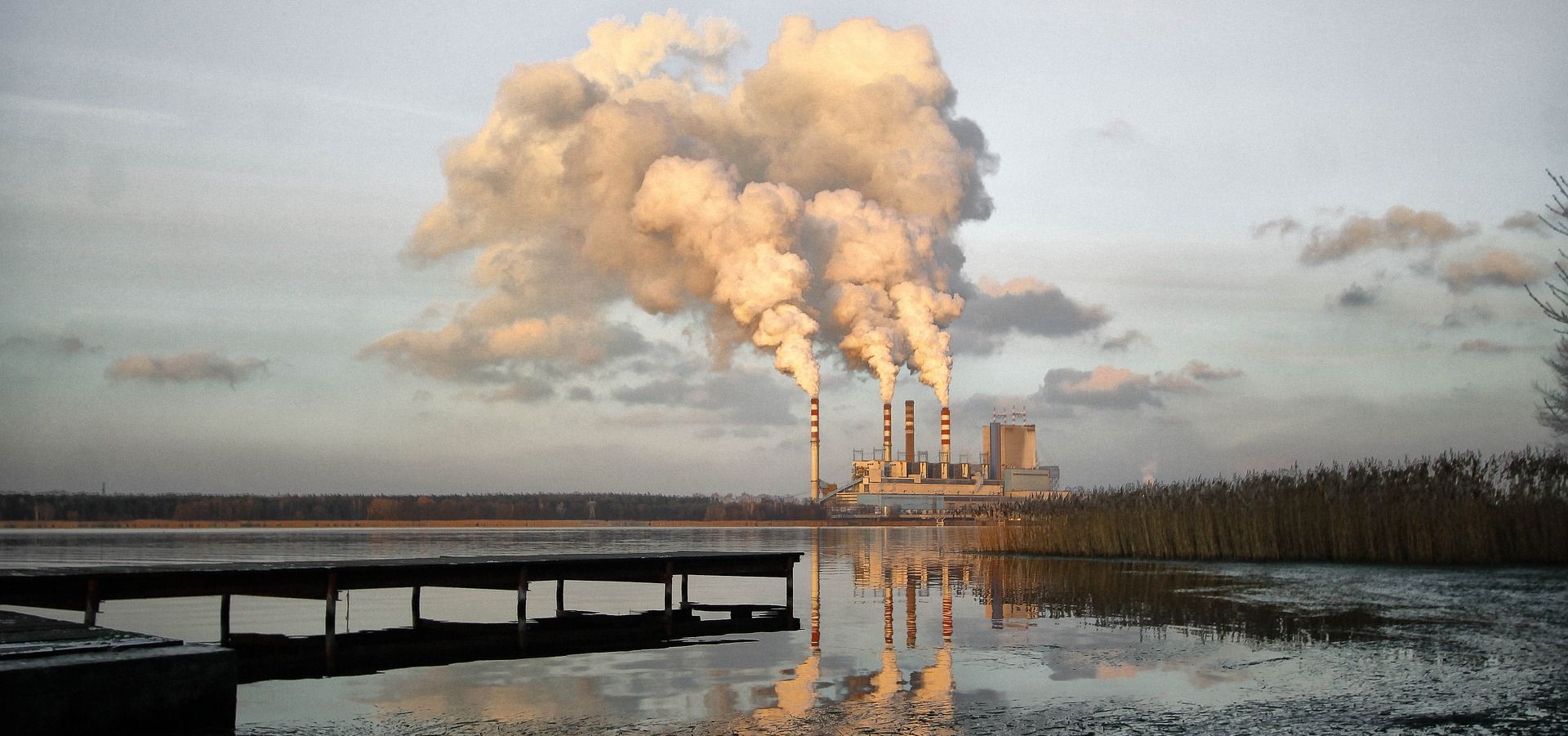It has not been a good year for Polish environmental policy; but, fortunately, it has also not been a total waste. Marked by the inertia and stubbornness of a government that, flying in the face of expert opinion, is imposing punishing and economically unsound ideas, it does seem as though some energy progress is being made, both as the government changes direction and as more citizens take matters into their own hands. Our Polish correspondent, Michał Olszewski, takes a look.

Poland’s energy sector still depends on coal (Public Domain)
Political defeats might prove a victory for the environment
In recent elections, the politicians of the Right suffered a hammering defeat on energy policy issues. Although it is years since the coming major price increase on CO2 emission allowances was announced, they have done nothing to prepare for it. Like their predecessors, they preserved the coal economy, believing that “somehow it will all be fine”. And this is leading the whole of society towards a severe crisis, because we are not prepared for the marked increases in electricity prices that appear inevitable. In response, we have growing coal imports from the Russian Federation.
The water policy has been an absolute disaster. And here again, despite the warnings of hydrologists, the government has done nothing in recent years to reduce the risk of severe droughts. The results could be seen in spring and summer – much of the country suffered severe water shortages, with some cities turning off fountains and banning the watering of lawns and allotments. And that is just the beginning, considering that there may be another snowless winter ahead.
Why, then, do I say that this past year has not been a complete loss for Polish environmental policy? For one significant reason. The Ministry of Entrepreneurship and Technology forecasts that this year will have seen 37,000 new photovoltaic micro-installations in Poland, bringing the total to almost 90,000. This growth is quite dynamic, and according to the Ministry may place us fourth in the European Union.
Comparing futures
Of course, this recent enthusiasm is challenged when one realises the size of the gap between Poland and, for example, Germany, where there are currently around three million micro-installations. However, this does not change the fact that a prosumer movement is being born in Poland.
As the politicians admit, this is the only way to meet the 2020 target of a 15% share of renewable energy sources in energy consumption, which Poland committed to in the EU’s 2020 energy and climate package. So cost reductions and administrative easings, such as harmonising VAT rates for home photovoltaics (until recently domestic roof installations were taxed at a lower rate than, for example, those in utility rooms), exempting photovoltaics subsidies from personal income tax, and planned changes to energy distribution mechanisms that are currently not particularly favourable to small producers.
It does not matter whether this political turnabout happened because of younger politicians taking power, fear of the consequences of failing to comply with EU commitments, or a bit of both. Either way, politicians are now sheepishly backtracking on photovoltaics, and who knows, maybe they will also backtrack on wind energy.
I want to believe that the experience of photovoltaics will prove that a sensible ecological policy can be pursued; that the undoubted success of this industry will convince distrustful right-wing politicians to be open to environmental solutions. There is no other way out if we want to avoid a financial catastrophe, runaway electricity prices and the risk of power outages.
Window dressing
Must Poland really change directions? That seems the opinion of deputy prime minister and minister of state assets Jacek Sasin, who, while celebrating Barbórka – Poland’s traditional miners’ festival on December 4th – made a substantial declaration.
“In Poland, coal is the foundation of the energy balance. But relying on these energy-security resources does not conflict with protecting the climate. I am convinced that new technologies will allow us to continue to use this strategic resource, exploiting its energetic and chemical value and its availability,” he said.
If this statement is not calculated merely to calm the increasingly embittered miners, it may mean that ecological and CO2-reducing solutions will continue to be only the window dressing on so many Polish coal mines.